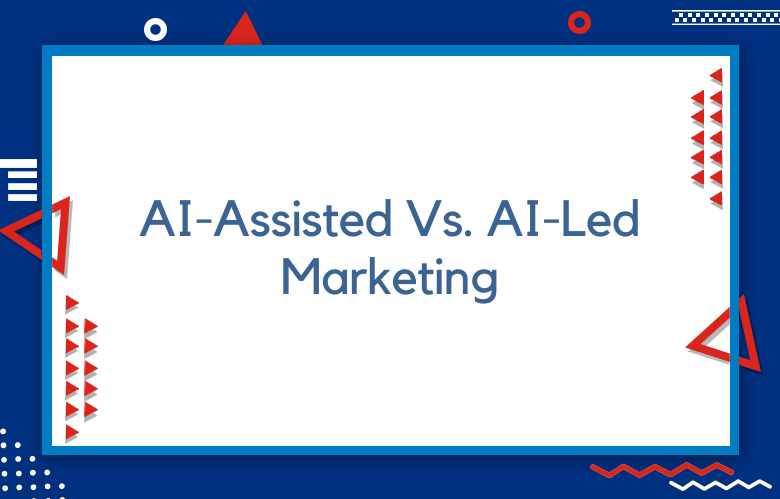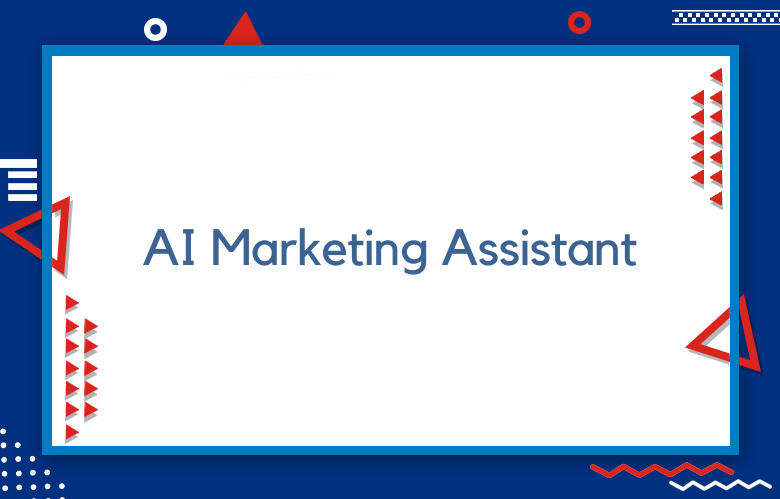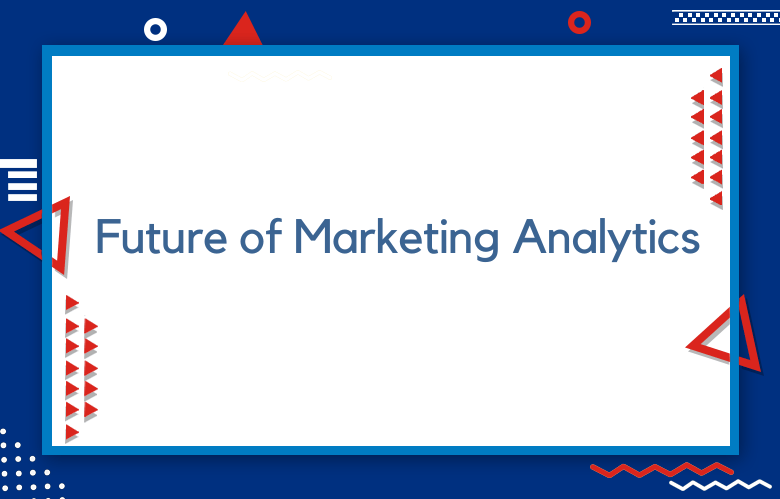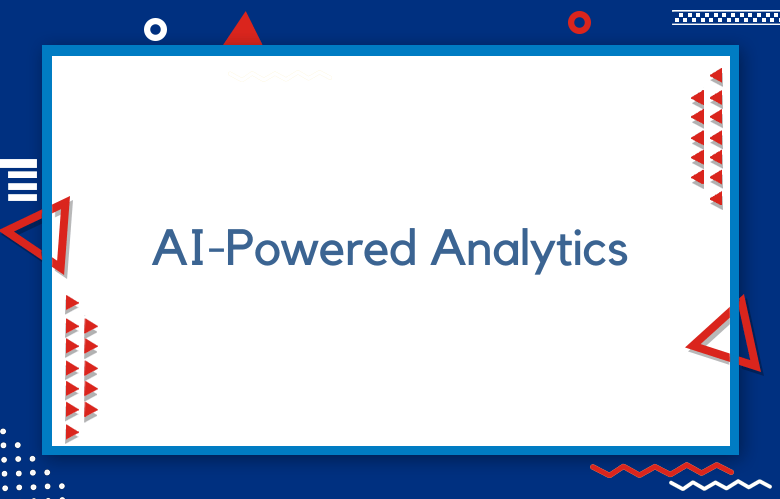AI-Assisted Marketing Vs. AI-Led Marketing: Differences

Artificial intelligence is taking marketing to new heights, improving organizations’ ability to create valuable customer experiences, improve engagement, and maximize ROI.
But with so many AI-powered marketing solutions on the market, it can be challenging to determine the best fit for your business.
As organizations explore the capabilities of AI, two terms that stand out are AI-assisted marketing and AI-led marketing. While both are AI-powered, they differ in their approach and scope.
We delve into the differences between the two and explore how businesses can adopt them to drive growth and revenue.
What is AI-assisted Marketing Vs AI-led Marketing?
Artificial Intelligence has transformed various industries, including marketing. Marketing activities are increasingly being powered by AI technology, benefiting companies and customers alike through greater efficiency and more accurate and personalized messaging.
However, there are two primary approaches to AI in marketing: AI-assisted and AI-led marketing.
Even though AI is the centerpiece of both approaches, they differ significantly in implementation and level of automation.
I will delve into the differences between the approaches to help businesses understand their needs best.
Which Approach Should You Choose?
Choosing between AI-assisted and AI-led marketing depends on specific marketing goals, business operations, customer insights, and data-handling capabilities.
If the campaign requires a more personalized approach and individual touch, AI-assisted marketing would be the way to go.
AI-led marketing would be more appropriate if the campaign has an enormous scope and complex datasets and needs to be more reactive to real-time data.
The Battle of AI in Marketing: AI-assisted Marketing Vs. AI-led Marketing
Technology has significantly changed the way businesses operate today. One of the most notable technologies revolutionizing the business world is Artificial Intelligence (AI).
AI has entered various industries, including the marketing industry. It is changing the marketing landscape in two ways: AI-assisted marketing and AI-led marketing.
While both methods use AI, there are significant differences between the two. We explore the differences between AI-assisted and AI-led marketing and the importance of choosing the right one for your business.
Understanding the Differences Between AI-assisted and AI-led Marketing
Artificial intelligence (AI) has been disrupting all industries and marketing is no exception. AI is revolutionizing how businesses reach out to customers by leveraging the power of data analysis, machine learning algorithms, and predictive analytics.
However, when it comes to AI and marketing, two popular terminologies exist —AI-assisted and AI-led marketing. We will explore the differences between these two approaches.
What are the Differences between AI-Assisted Marketing Vs. AI-Led Marketing?
AI-Assisted Marketing
AI-assisted marketing is a form of AI marketing that helps marketers make better decisions, augment their abilities, and optimize their campaigns.
Rather than relying solely on AI algorithms and automation, it allows marketers to harness the abilities of the technology to improve their existing work processes.
AI-assisted marketing can help marketers create more personalized campaigns, provide predictive analytics, analyze data quickly to prevent errors or avoid losing out on opportunities, and provide a better overall picture of customer engagement.
AI-Led Marketing
AI-led marketing is a more comprehensive approach to AI marketing in which marketers rely almost entirely on AI algorithms and automation to create and execute their campaigns.
It eliminates the need for human input by using pre-set objectives to create marketing campaigns that businesses believe will be effective. AI-led marketing can stack the odds in your favor by giving you access to more data and making optimizing campaigns easier for your business.
However, it doesn’t consider the nuances of human behavior, and some may argue that it doesn’t provide a complete understanding of the customer engagement process, which could lead to errors.
Key Differences
One of the main differences between AI-assisted and AI-led marketing is the marketer’s role. In AI-assisted marketing, the marketer plays an essential role in developing and executing the campaign.
The technology works alongside the marketer, enabling them to improve the quality of work. On the other hand, in AI-led marketing, the AI system does everything, meaning the marketer’s role is almost insignificant.
Another critical difference is the level of control available to the marketer. With AI-assisted marketing, the marketer has more power and can make changes.
In contrast, AI-led marketing is designed to operate on pre-set data points and objectives, limiting the marketer’s ability to make meaningful changes.
Best Practices for AI-assisted Marketing vs. AI-led Marketing
Scope
AI-assisted marketing is aimed at streamlining the marketing processes, augmenting the strengths of human marketers.
Its primary goal is to improve the efficiency of various marketing functions, such as segmentation, targeting, and email marketing. AI automates repetitive tasks, analyzes data, and recommends personalized marketing strategies.
In contrast, AI-led marketing is a more comprehensive approach that aims to transform the entire marketing process.
It involves developing an AI-powered marketing strategy that drives the overall marketing decisions, from budgeting to channel prioritization. This approach requires significant investment and sophisticated technology solutions.
Human Vs. Automated
AI-assisted marketing still relies heavily on human input, particularly in strategy development. The AI system augments the expertise of human marketers, providing advanced data analytics, insights, and recommendations.
It works as a complementary tool that works alongside human marketers, freeing them to focus on creative and strategic endeavors.
AI-led marketing, on the other hand, is autonomous and does not rely on human intervention.
The technology takes complete control of the marketing processes, analyzing vast amounts of data to make decisions without human biases.
IN THIS CASE, the AI is responsible for the creative process, targeting, budgeting, and channel prioritization.
Implementation
AI-assisted marketing is relatively easy to adopt, as most businesses can integrate AI tools and solutions into their existing marketing stack.
With the right tools, businesses can quickly train their teams to use AI to improve their marketing strategies, saving time and money in the long run.
On the other hand, AI-led marketing requires significant investments in technology, data science, and talent.
Setting up an AI-led marketing strategy involves identifying a suitable vendor, testing the solution, and deploying it for your marketing team. This can be a long and challenging process requiring significant resources to implement.
Application
AI-assisted marketing is best suited for small businesses or those businesses that have defined marketing processes but lack the technology to execute these processes effectively.
The technology automates repetitive tasks, analyzes data, and recommends creative strategies to improve engagement and conversions.
AI-led marketing is best suited for large-scale enterprises that require an integrated marketing solution across multiple channels and audience segments. It benefits businesses that need hyper-personalized marketing strategies for a vast customer base.
Conclusion
In today’s competitive marketplace, businesses must recognize AI-assisted or AI-led marketing solutions. Understanding the differences between the two approaches is essential to determine which is best suited for your business.
AI-assisted marketing is a complementary tool to human marketers, improving efficiency and productivity. In contrast, AI-led marketing involves developing an entire marketing strategy around AI, making it an autonomous system.
Whatever approach you choose, it is essential to understand your business needs, available resources, and scalability before making any significant technology investment.
Call: +91 9848321284
Email: [email protected]



